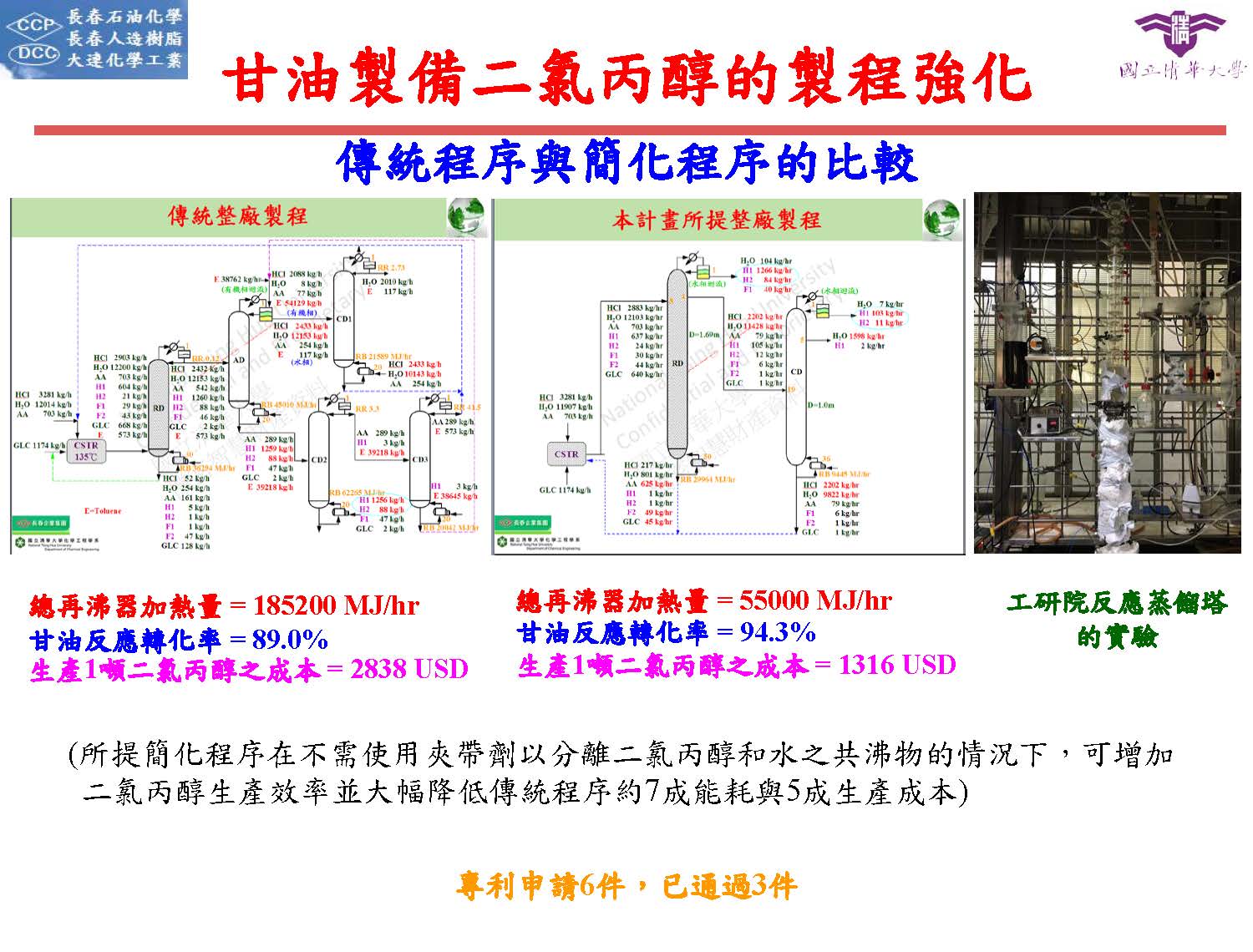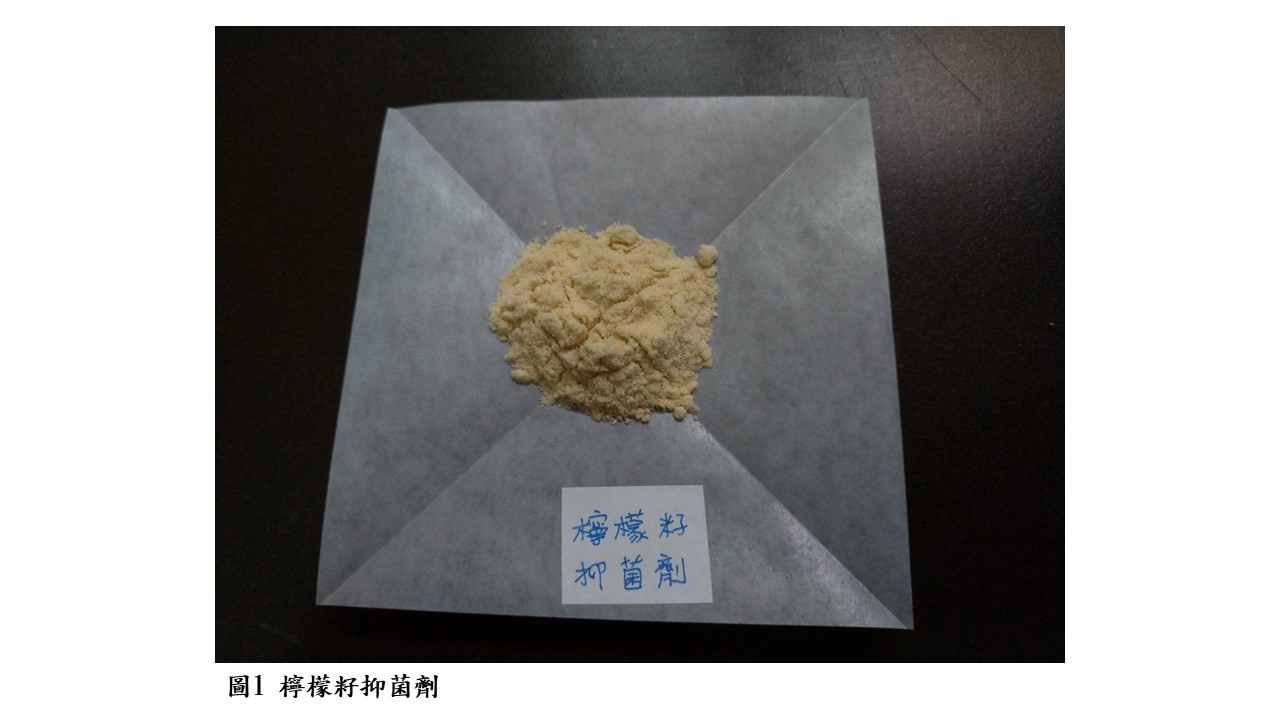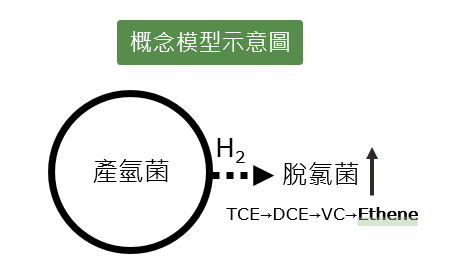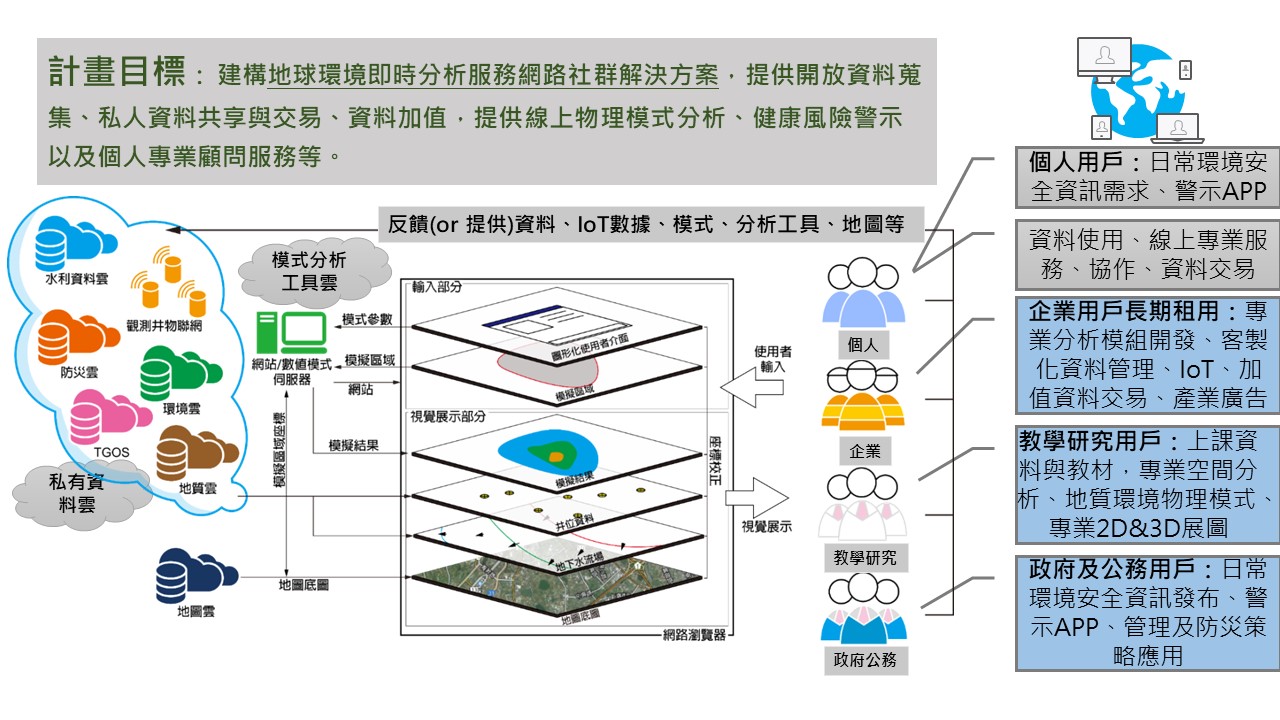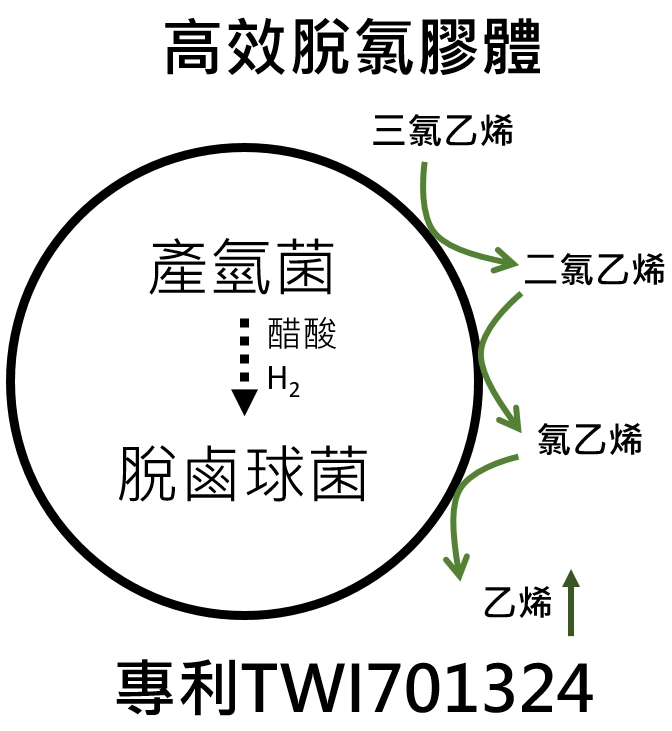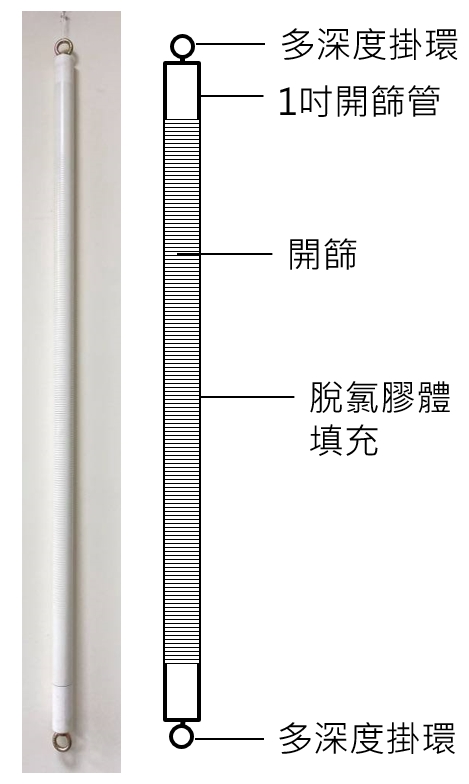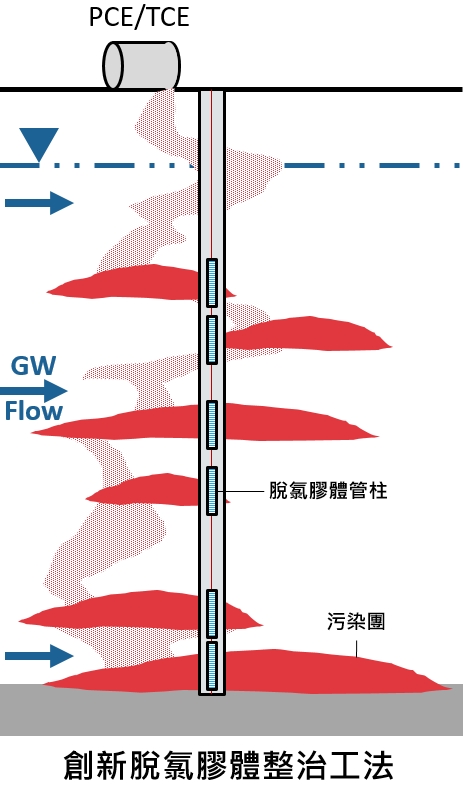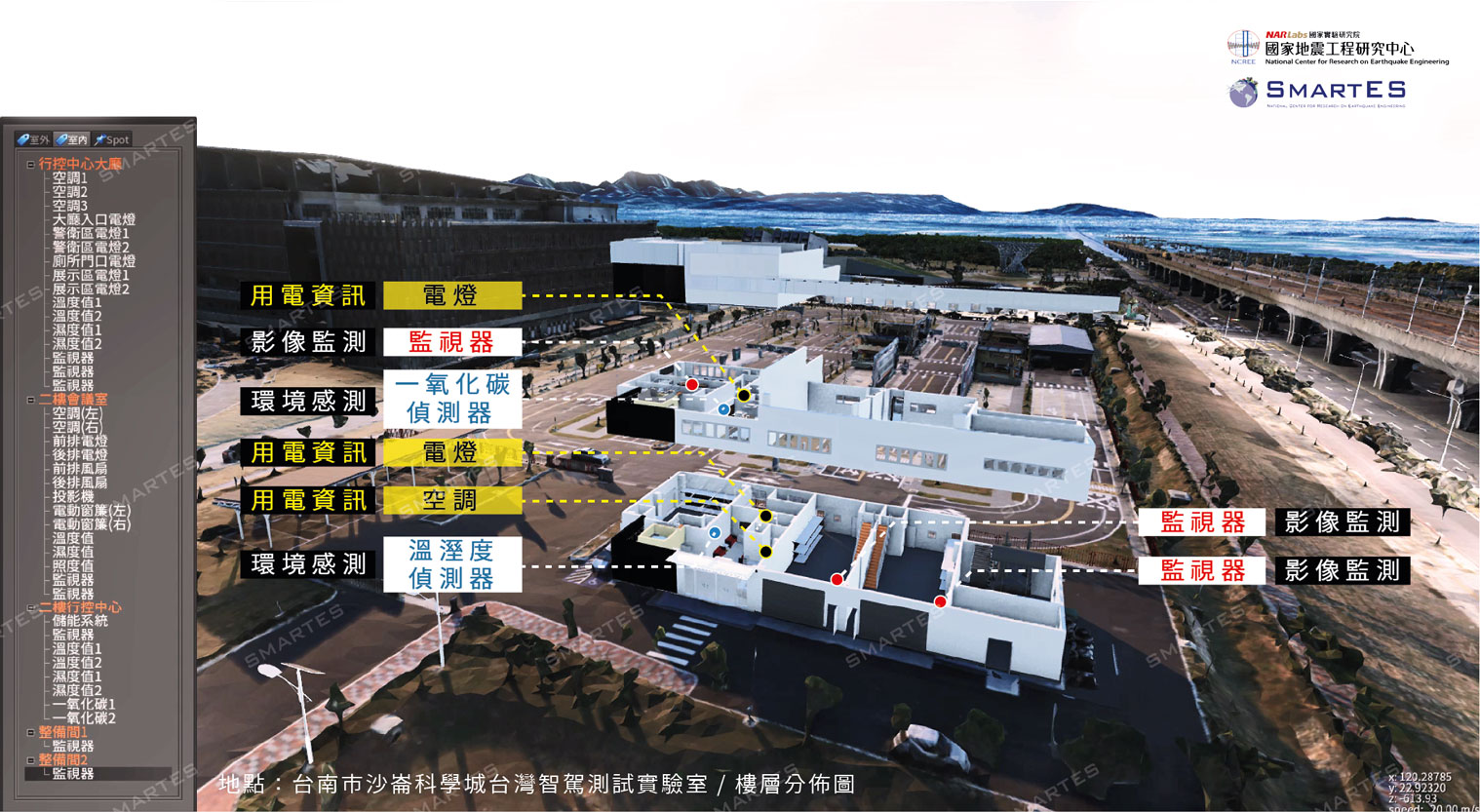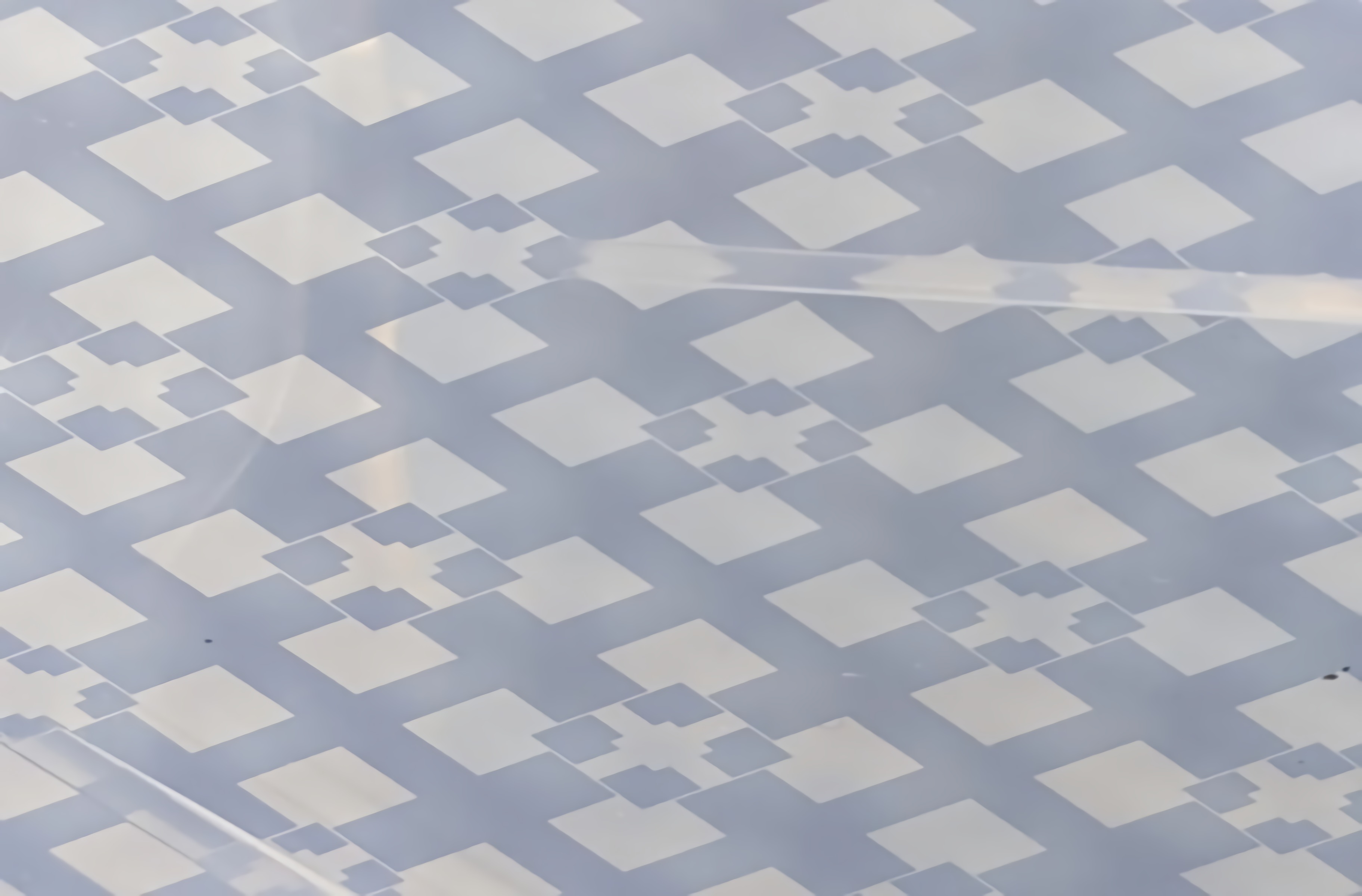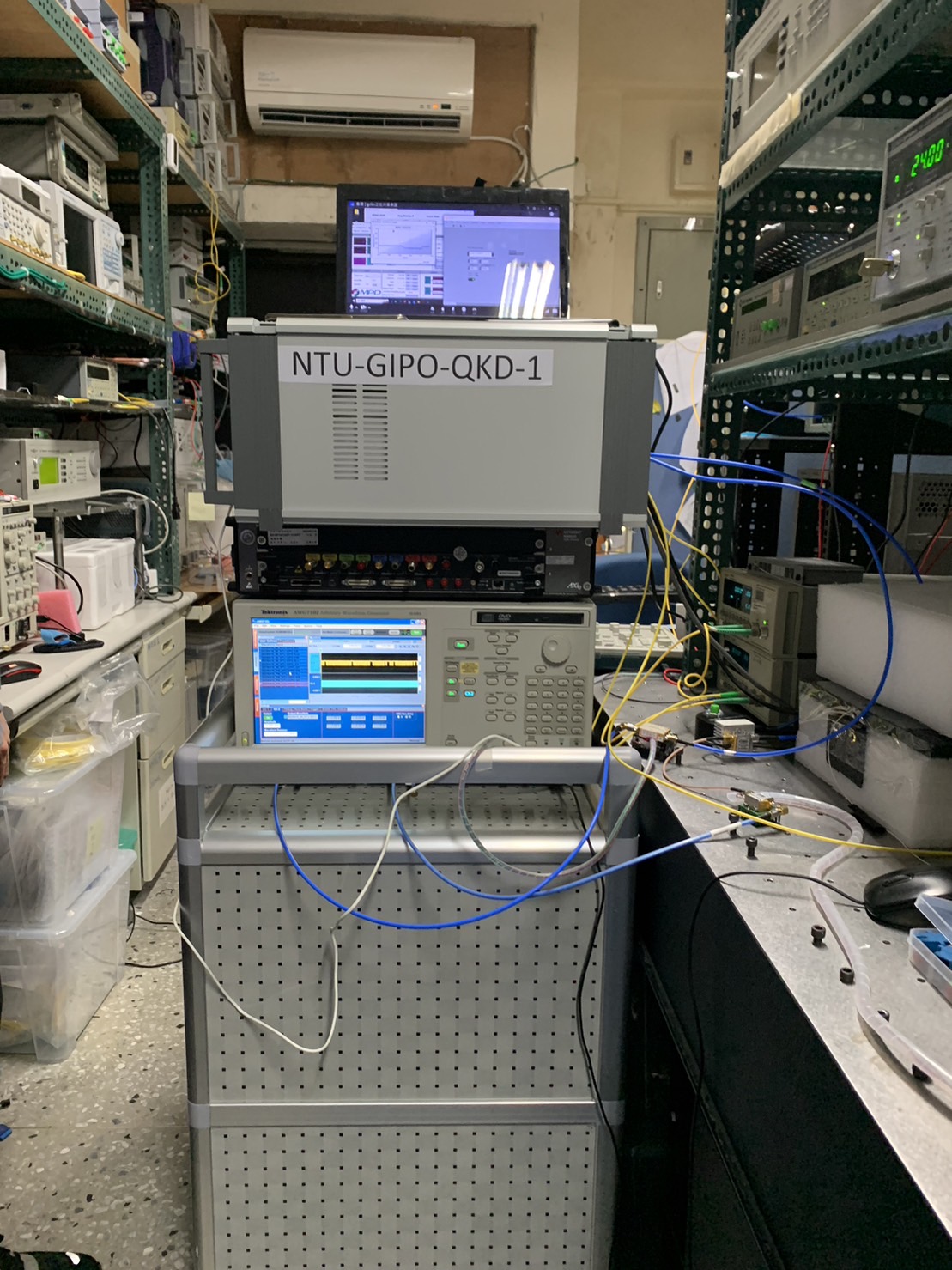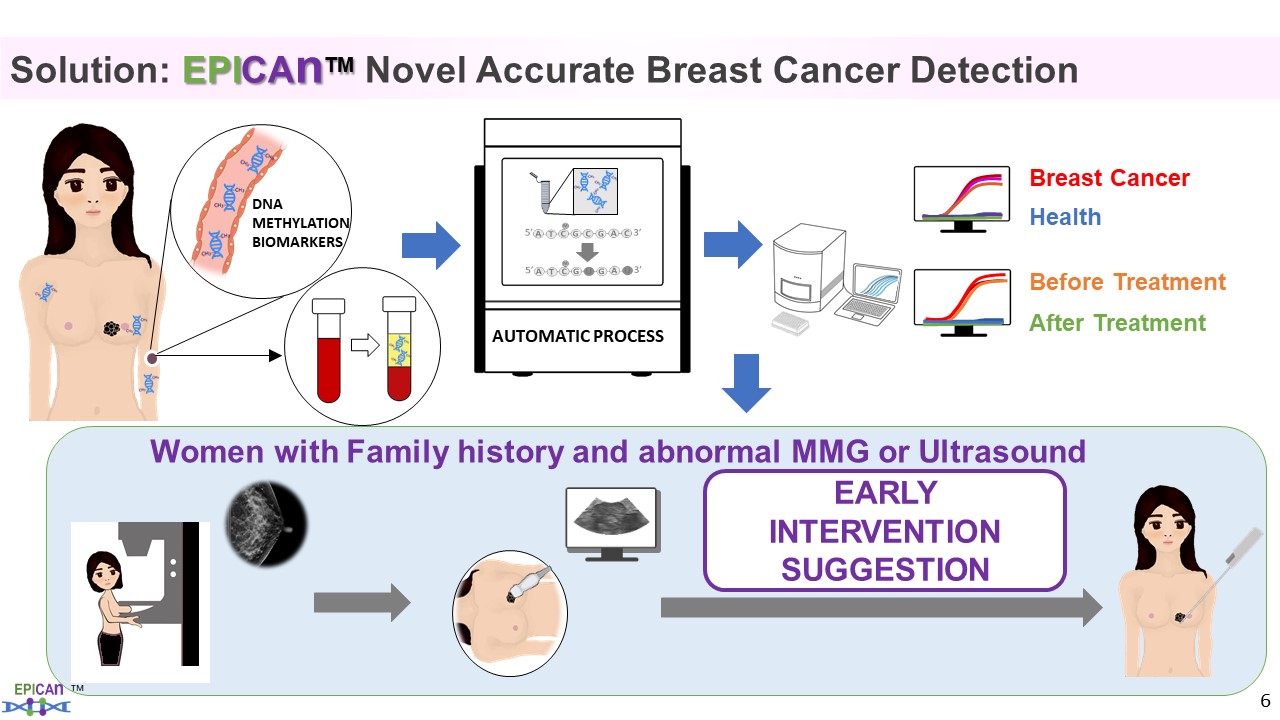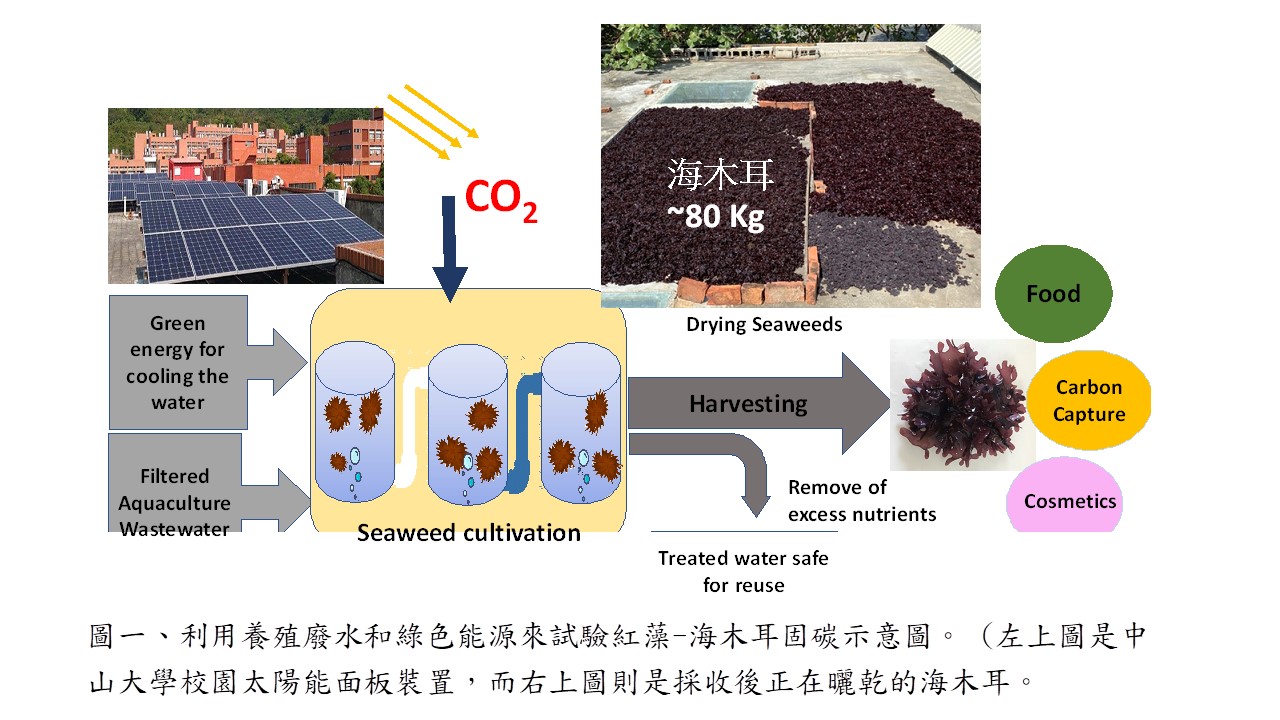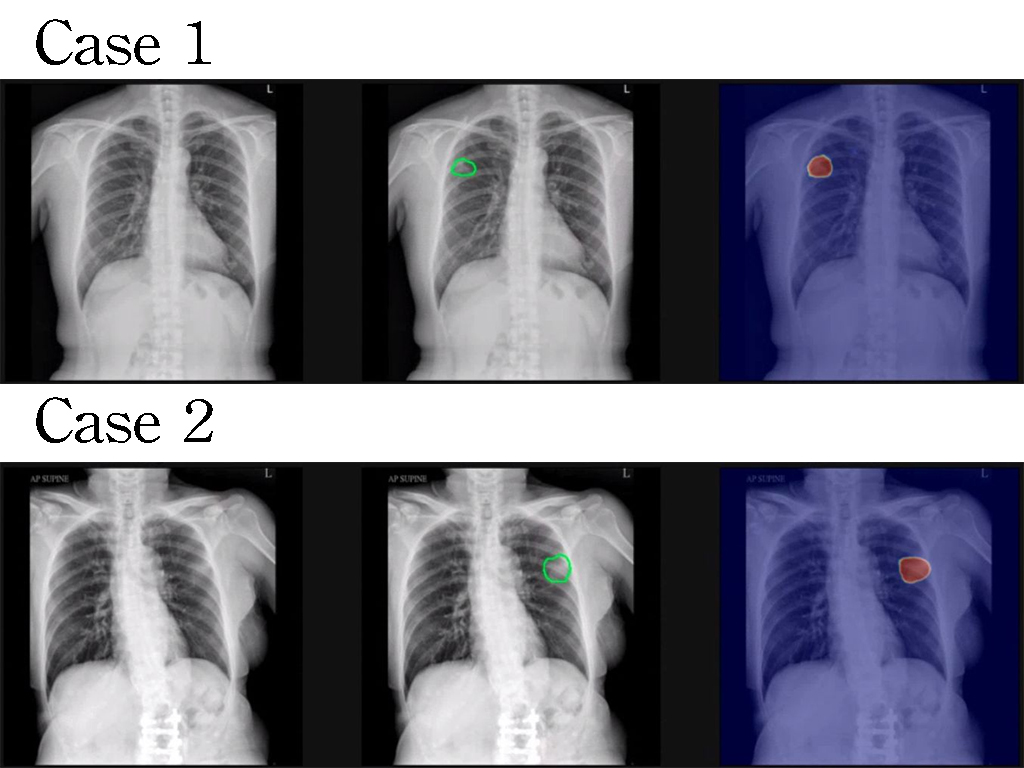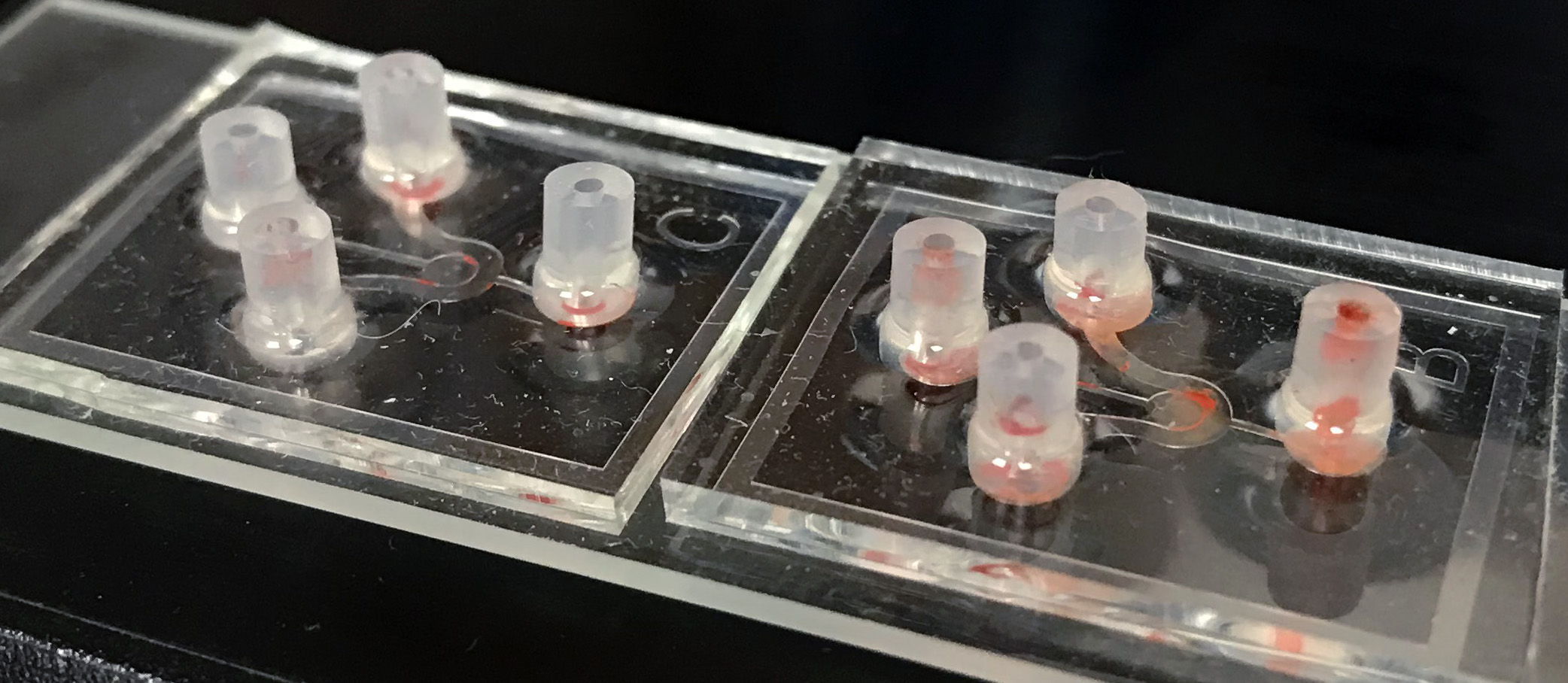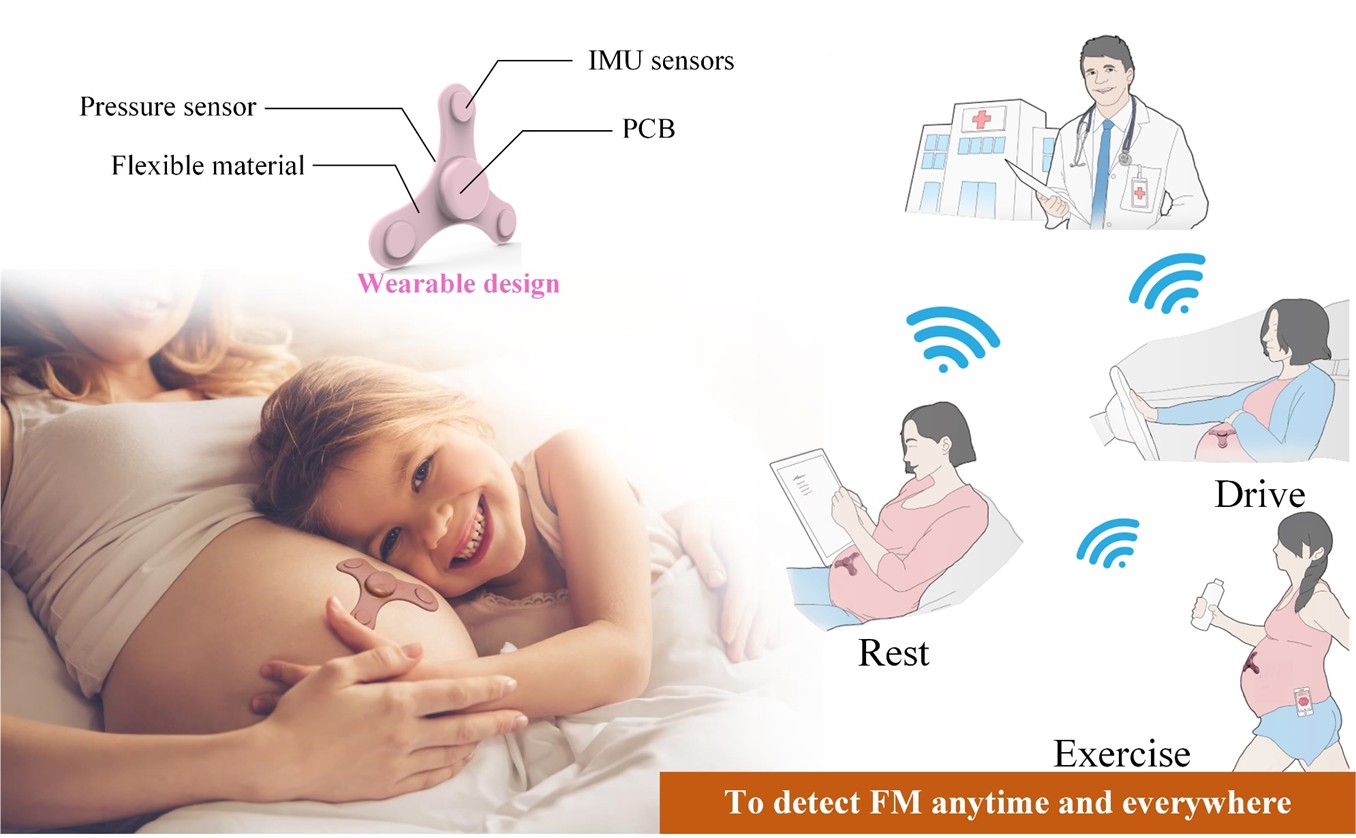| Summary |
Chloroethene is carcinogenic which is extremely harmful to the human. Currently, the effect of bioremediation of chloroethene is efficientit is also friendly to the environment. However, dichloroethenevinyl chloride are the most products that will be accumulated in the environment after dechlorination. Our team isolate the first native Dehalococcoides in Taiwanalso develop a novel dechlorination bio-gel bioremediation technology with silica bio-gel column. Our immobilized system is a novel an efficient method to remediate chloroethene into ethene, a non-toxic compound.
|
| Scientific Breakthrough |
The immobilized system with the co-culture of DhcClostridium sp, a hydrogen-producing bacterium, can completely dechlorinate polychlorinated ethene to ethene. It has the advantages of dechlorination activity, including dechlorination specificity, tolerance for environmental stress,efficient remediation. Therefore, this novel dechlorination bio-gel bioremediation technology can be used for degrading polluted polychloroethene.
|
| Industrial Applicability |
The novel dechlorination bio-gel bioremediation technology of our team can be used in the soilgroundwater remediation industry. Therefore, our target clients are environmental companiespolluters. Using the remediation technology from our team, we can directly help customers solving the accumulation of vinyl chloride, moreover reduce the addition of compoundsremediation period. We estimate that we can help clients reduce the remediation timecompounds by 30-50, eventually decrease the risks of failed bioremediationcreate profits for clients.
|

